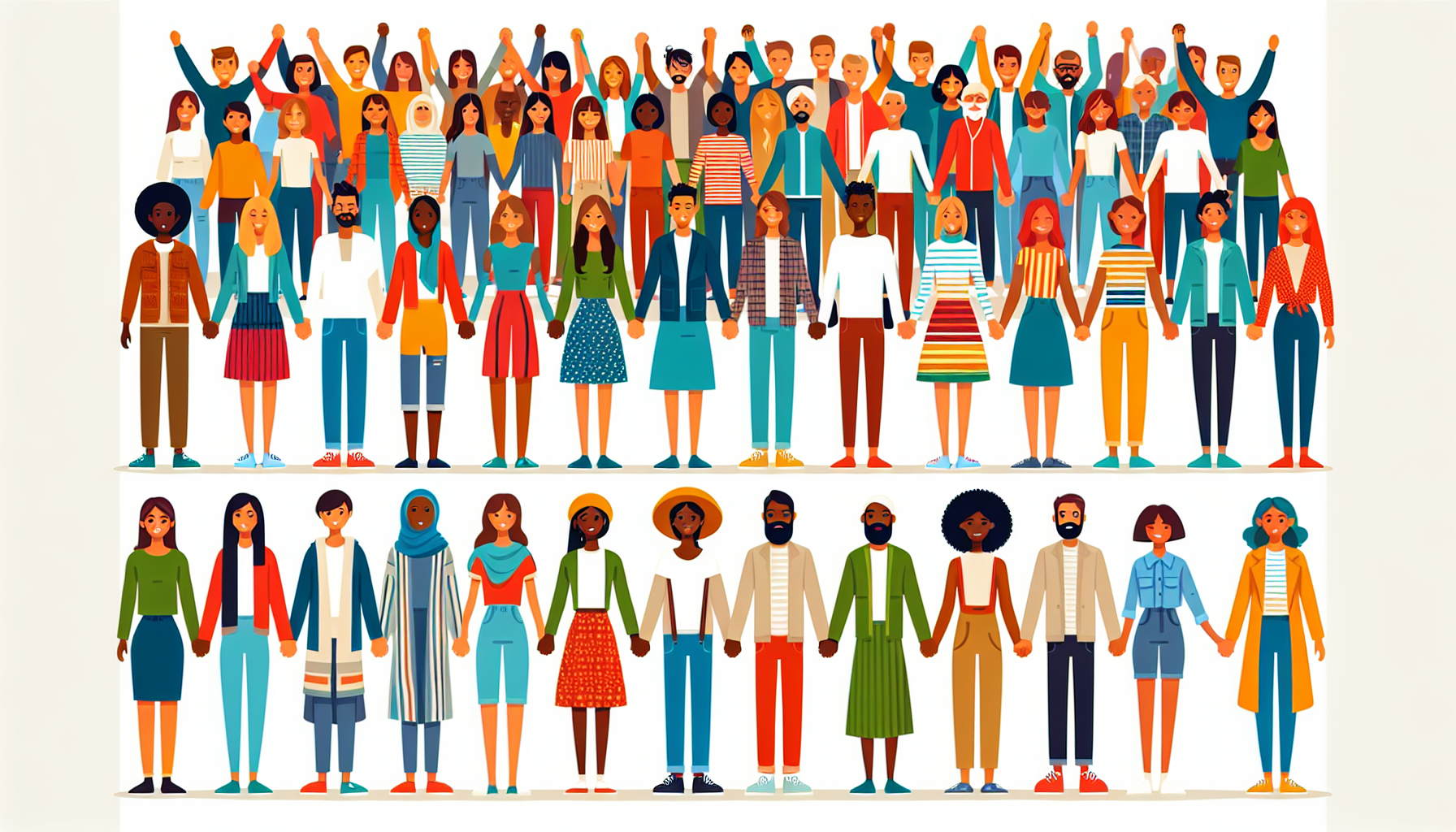The Rise of Citizen Scientists and the Democratization of Research

Technology has been pivotal in empowering citizen scientists. Tools like CRISPR gene-editing kits, wearable health devices, and open-source AI platforms have become accessible and affordable. CRISPR kits allow hobbyists to experiment with genetic modification, while wearable devices like Fitbit and Apple Watch enable users to contribute health data to large-scale studies. This democratization of tools allows ordinary individuals to actively participate in data collection, experimentation, and hypothesis generation, expanding the resources and perspectives available for scientific inquiry.
Examples of Citizen Science in Action
Citizen science is already yielding significant results. Projects like 'Foldit,' an online puzzle game, involve participants in protein folding research, leading to breakthroughs in understanding diseases like Alzheimer’s and HIV/AIDS. The 'Personal Genome Project' invites individuals to share genomic data, advancing personalized medicine and uncovering insights into genetic disorders. Platforms like Zooniverse enable volunteers to analyze medical images, speeding up diagnostics and reducing researchers' workloads. These initiatives demonstrate the transformative impact of citizen science on innovation.
Benefits of Citizen Science
Citizen science offers numerous advantages. It accelerates research by enabling larger datasets and faster analysis. Public engagement fosters a deeper appreciation for science, encouraging advocacy for evidence-based policies. Inclusivity is enhanced as diverse participants contribute, creating broader datasets and ensuring discoveries benefit more people. Additionally, it is cost-effective, reducing the need for expensive equipment and large research teams, particularly in early study stages.
Challenges and Ethical Considerations
Despite its benefits, citizen science faces challenges. Data accuracy is a concern, as non-experts may make errors. Ensuring rigorous quality control and clear instructions is essential. Privacy issues arise in projects involving personal health or genetic data, necessitating strong data protection policies. Ethical dilemmas, such as the misuse of tools like CRISPR, require clear regulations and guidelines to prevent biological hazards and maintain safety standards.
The Future of Citizen Science
The future of citizen science is promising, with advancing technology making sophisticated tools more accessible. AI could enable non-experts to analyze complex datasets, while cloud platforms facilitate collaboration. Educational initiatives from universities and tech companies can equip citizen scientists with necessary skills. Integration into formal research frameworks may redefine traditional scientists' roles, positioning them as mentors to guide citizen contributions while maintaining scientific rigor.
The rise of citizen scientists marks a revolutionary shift in scientific research. By empowering individuals to contribute, we can accelerate breakthroughs, foster inclusivity, and promote a culture of scientific inquiry. However, addressing challenges like data accuracy, privacy, and ethics is crucial for sustainable progress. This movement has the potential to transform medical research and our understanding of science itself, making it a collaborative effort between professionals and amateurs.
Citizen Science Project Coordinator
Universities, research organizations, and NGOs like the National Geographic Society
Core Responsibilities
Design and manage large-scale citizen science initiatives, including data collection protocols and community engagement.
Train and support participants to ensure accurate data submissions and adherence to ethical guidelines.
Collaborate with researchers and institutions to integrate citizen-contributed data into formal studies.
Required Skills
Strong project management and communication skills to coordinate diverse teams.
Experience with data collection platforms and tools such as Zooniverse or SciStarter.
Background in a scientific field (e.g., biology, environmental science) is preferred.
Data Scientist in Crowdsourced Research
Health tech companies, research institutions, and organizations leading citizen science projects
Core Responsibilities
Analyze large, crowdsourced datasets from platforms like Foldit or wearable health devices.
Develop machine learning models to identify patterns and trends in citizen-contributed data.
Ensure data quality and address biases introduced by non-expert contributions.
Required Skills
Proficiency in programming languages like Python or R, with a focus on data cleaning and analysis.
Familiarity with crowdsourcing platforms and techniques to validate non-professional data.
Background in statistics, bioinformatics, or related fields.
Ethics and Compliance Officer for Citizen Science Initiatives
Research institutions, biotech companies, and regulatory agencies
Core Responsibilities
Develop and enforce ethical guidelines for citizen science projects, including data privacy and informed consent protocols.
Monitor compliance with local and international regulations, particularly for projects involving genetic data or CRISPR technologies.
Provide training and resources to researchers and participants on ethical considerations.
Required Skills
Expertise in bioethics, data security, and legal compliance for research.
Strong understanding of emerging technologies like CRISPR and their ethical implications.
Exceptional critical thinking and risk assessment abilities.
Biomedical Data Curator for Citizen Science Collaborations
Genomics research facilities, academic institutions, and health-focused nonprofits
Core Responsibilities
Organize, verify, and maintain datasets contributed by citizen scientists for biomedical research.
Collaborate with researchers to align citizen-generated data with study goals and ensure usability.
Work with platforms like the Personal Genome Project to standardize participant submissions.
Required Skills
Proficiency in data curation and database management tools such as SQL and REDCap.
Knowledge of genomics, proteomics, or other biomedical research fields.
Attention to detail to uphold data integrity and reproducibility.
AI Specialist for Citizen Science Applications
AI startups, healthcare companies, and organizations hosting citizen science platforms like Zooniverse
Core Responsibilities
Develop AI tools to support citizen science projects, such as image recognition systems for medical anomaly detection.
Train machine learning algorithms using datasets contributed by citizen scientists.
Collaborate with researchers to refine AI systems for specific research needs.
Required Skills
Advanced knowledge of AI/ML frameworks (e.g., TensorFlow, PyTorch) and computer vision techniques.
Ability to work with noisy or imperfect data from non-professional contributors.
Experience working on interdisciplinary teams, combining AI with biology, medicine, or environmental science.


